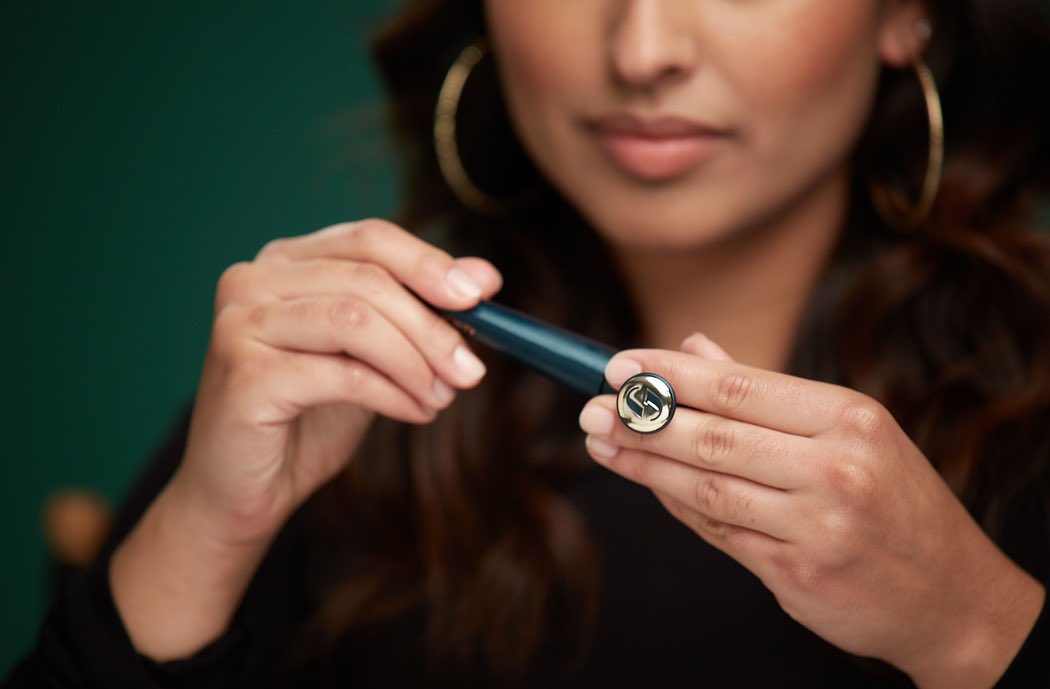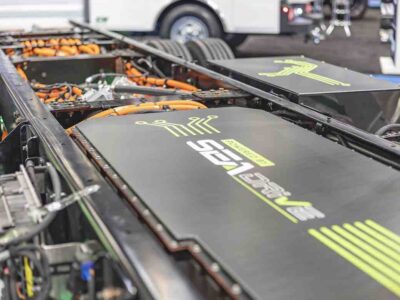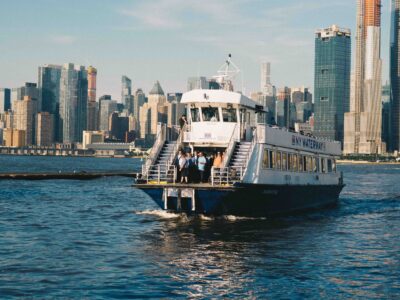According to the Centers for Disease Control and Prevention, approximately 27% of adults in the U.S. have some form of disability. There are many different types, leading to different experiences. For example, 12.1% have a mobility disability that impacts their ability to go upstairs, while 3.6% have a self-care condition, making it hard to get dressed or bathe themselves.
Each of these communities, therefore, also has unique needs that need to be met by businesses. Some of the larger brands are taking steps in the right direction. Asos, for example, released a rainbow jumpsuit in 2018 that would be easy for people using wheelchairs to put on, with zippers around the waist and down the front of the top.
However, smaller startups founded by people living with disabilities are the ones changing their own worlds. Perhaps that is because they tend to embed inclusivity into every step of their processes.
Fashion And Function
“Our manufacturers employ over 350 people with disabilities, our products are actually made by people with disabilities,” Helya Mohammadian, founder of New York-headquartered Slick Chicks, told “Forbes.” “It should be ingrained in everything you do if you’re really inclusive.”
After Mohammadian’s sister experienced complications while giving birth in 2012, she had difficulty getting dressed every morning. To help her sister and others like her, this founder created underwear with velcro side fasteners that were easy to adjust in any position, wireless bras with zippers in the front, and loungewear with accessible closures.
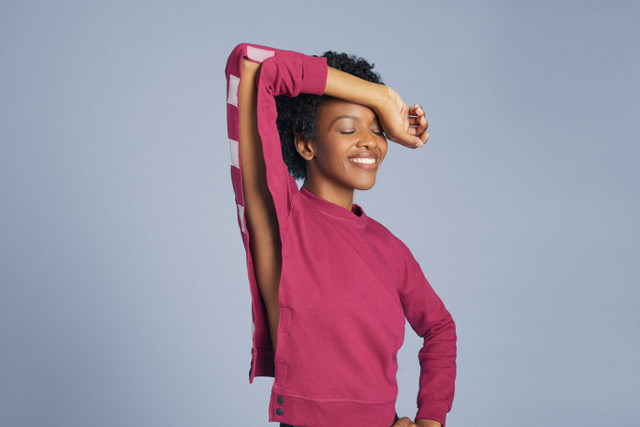
Photo Courtesy Slick Chicks
Another adaptive fashion company, Washington-based BILLY Footwear, was born out of co-founder Billy Price’s fall from three stories in 1996, which left him paralyzed from the chest down. Because he could never find shoes he liked and could put on by himself, his company now creates footwear with zippers along the sides and toes that enable users to put in an entire foot before pulling the flap shut again, eliminating the need to tie laces.
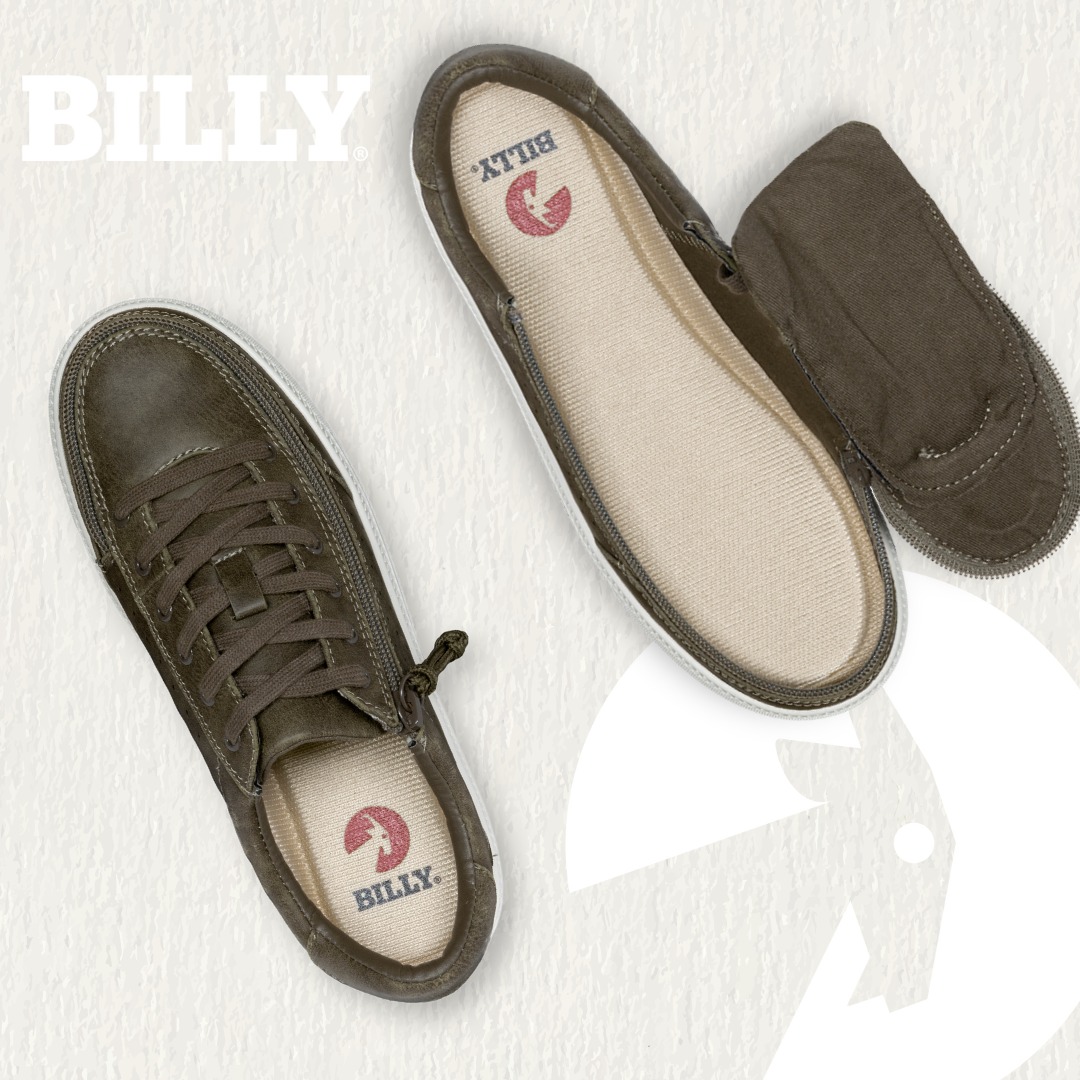
Photo Courtesy BILLY Footwear
Erica Cole, too, was impacted by a traumatic incident but turned it into something beautiful. After a car crash and losing her leg in 2018, she found that her clothes would not fit over her new prosthetic leg, so she created a pair of jeans that worked better for her.
Cole later launched an adaptive clothing company in Iowa called No Limbits that makes pants for people in wheelchairs or with lower limb differences. It received a $100,000 investment from two investors on Shark Tank in 2022.
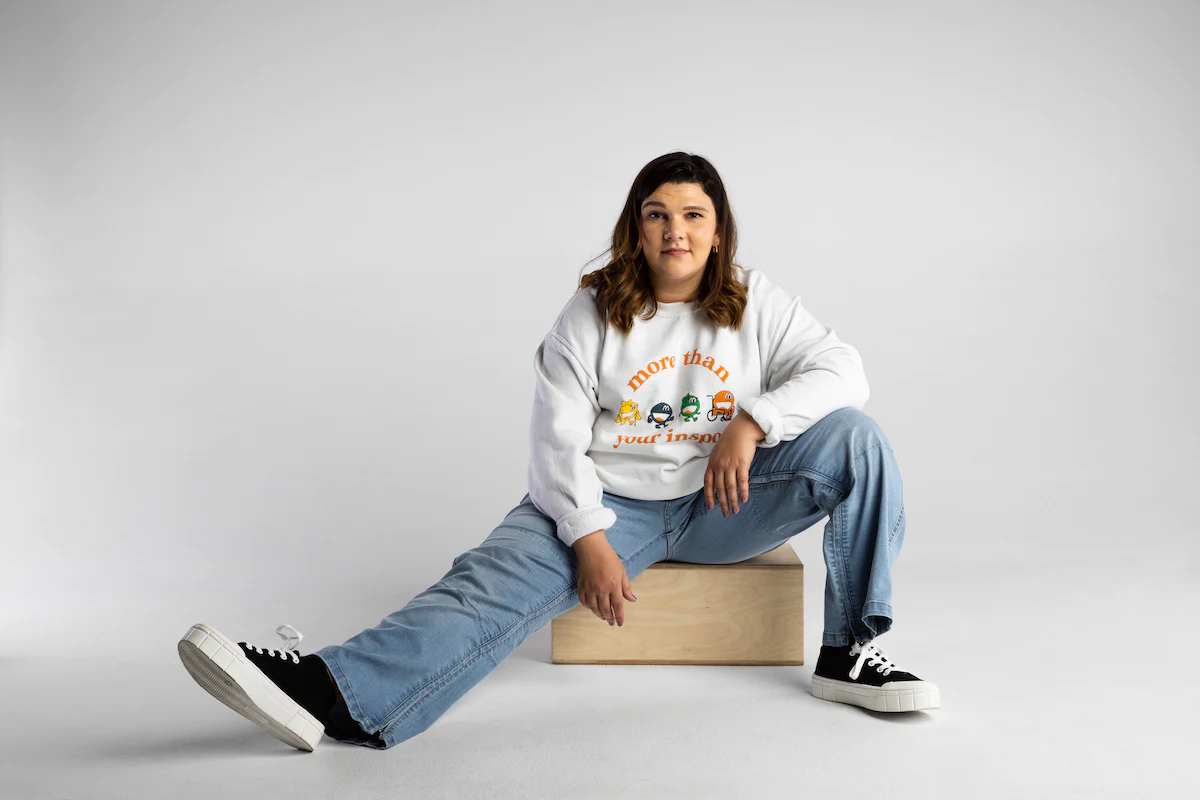
Photo Courtesy No Limbits
Rebirth Garments, meanwhile, is taking inclusivity to the next level. Founder Sky Cubacub began having a stomach disorder in high school, leading to anxiety and panic disorders. In 2014, they decided to launch a dance wear, club wear, swimwear, and lingerie brand focusing on those who are “Queer, Mad, and Disabled.”
Each piece is custom-made by hand and tailored to individual needs, although Cubacub is taking a step back and toward teaching others to do this work, according to an announcement on their website. As the Chicago Tribune’s 2018 Chicagoan of the Year explained to “Fast Company,” “people at the intersection of disability and queerness are often made to feel invisible, but I want to ensure that we take up space and are seen.”
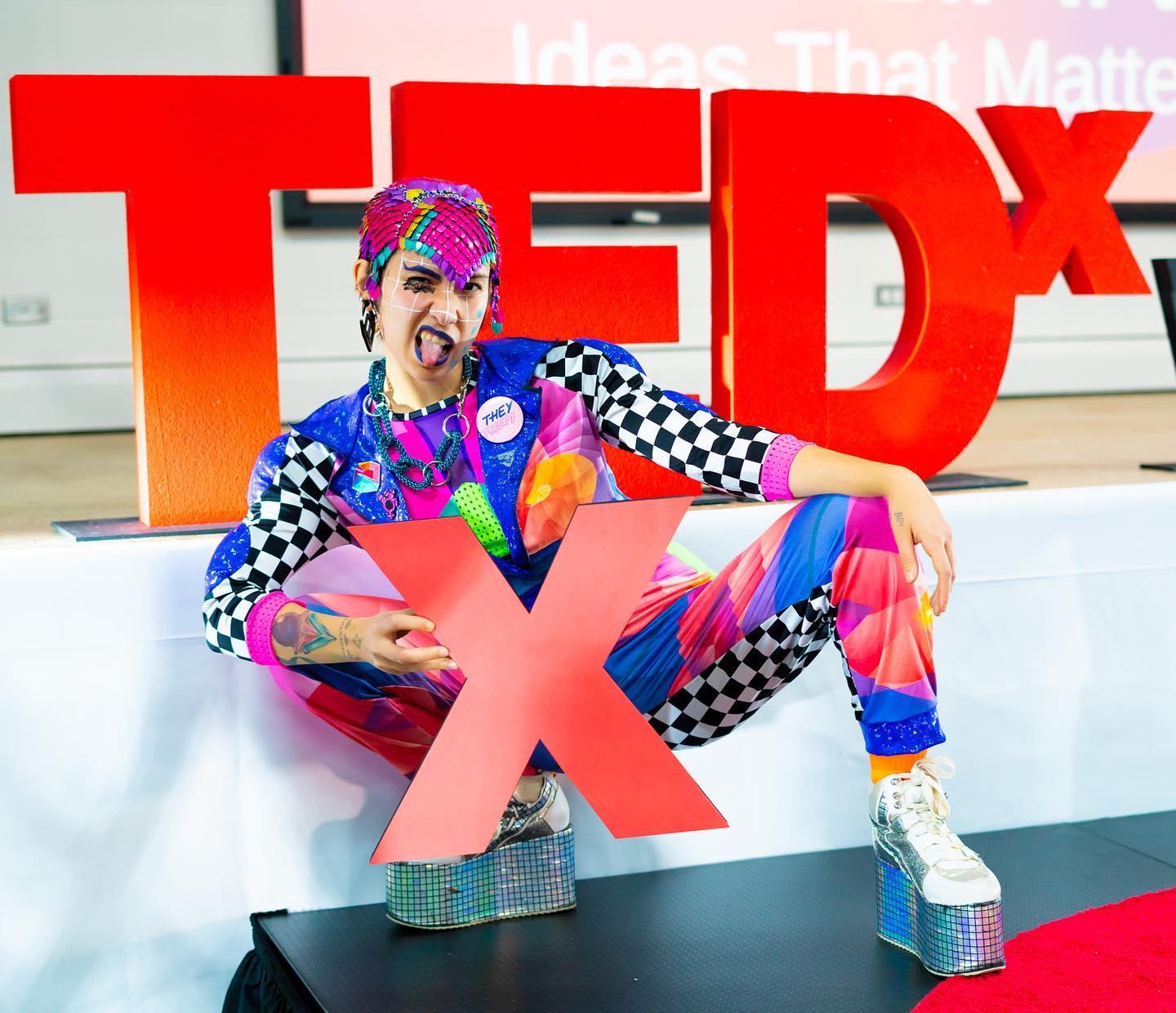
Photo Courtesy Rebirth Garments
Beauty Tools
In the world of beauty, dexterity challenges can make it difficult to apply makeup. Terri Bryant was a makeup artist for 25 years before she was diagnosed with Parkinson’s disease and started losing control of her hand. She partnered with Selma Blair, who has Multiple Sclerosis, to found New York-headquartered Guide Beauty in 2020.
“When product design fails us, we often blame ourselves. I want to help change that narrative,” Bryant told “Fashionista.”
The Guide Wand is the perfect example, making it easy for people with dexterity issues to apply eyeliner via a handle that is easier to grasp.
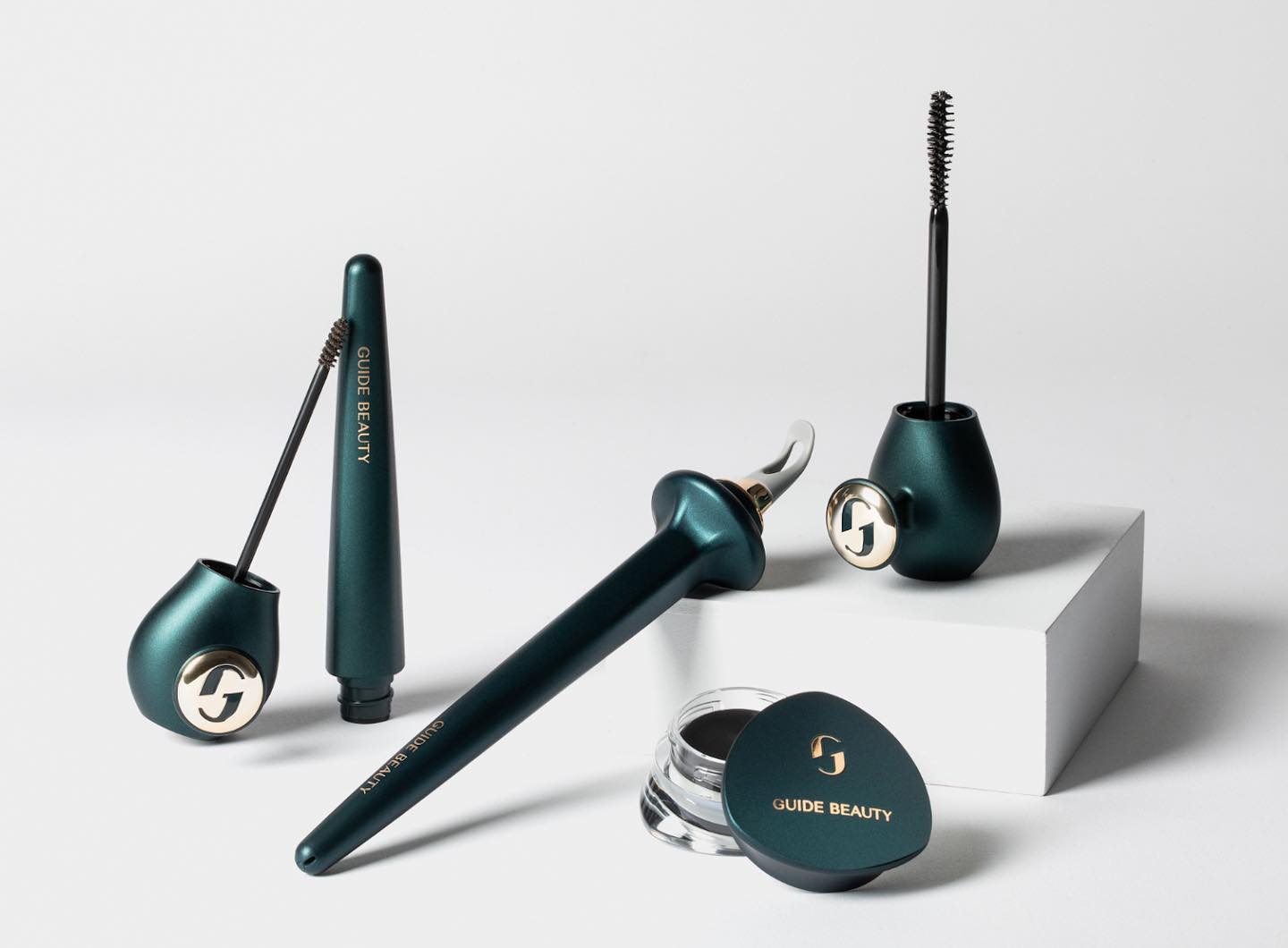
Photo Courtesy Guide Beauty
In a similar vein, Landor & Fitch designed a website called {access}ories where users can respond to questions that contribute to creating a personalized toothbrush handle that can then be 3D-printed. The consultancy brought together a test group of people with various dexterity issues, including osteoarthritis, psoriatic arthritis, and soft tissue damage, in a “Maker’s Lab” to test prototypes.
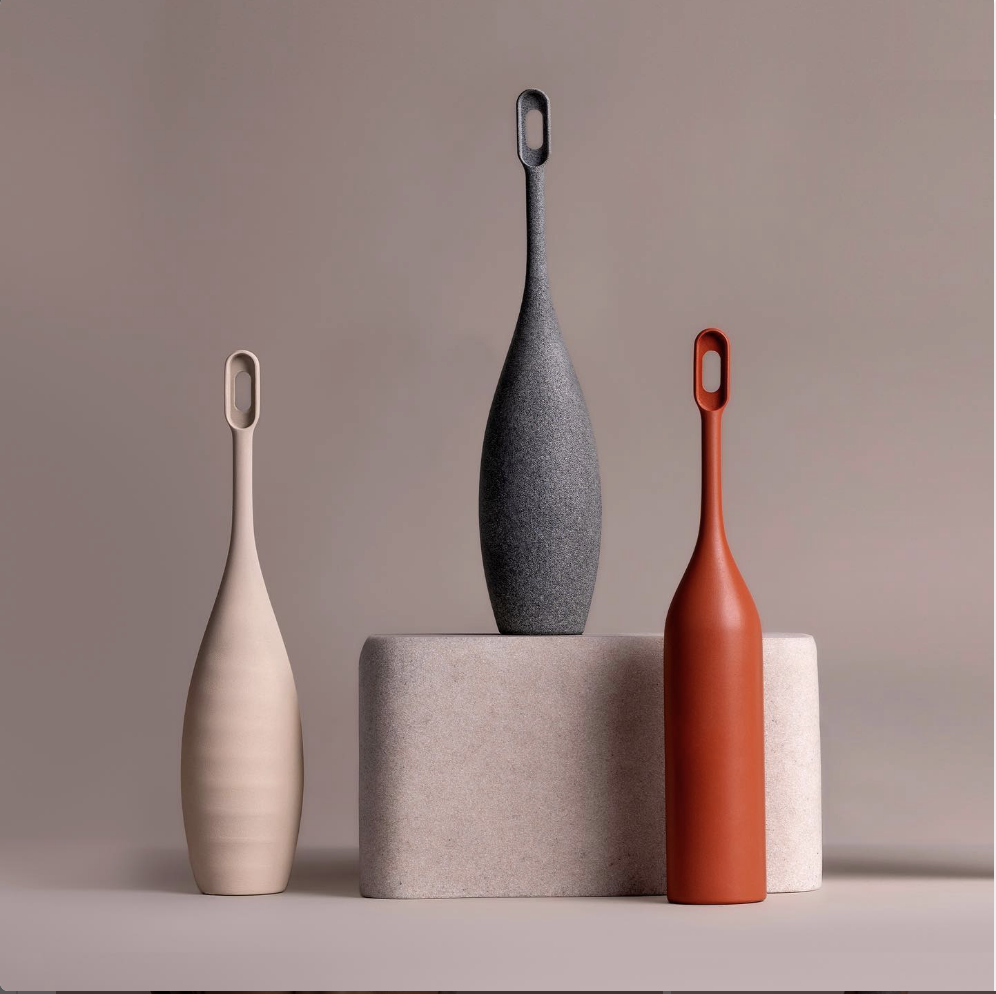
Photo Courtesy access___ories
Mobility Solutions
Other companies are making it easier for people to get around. After Karen Deming was in a car accident that left her with quadriplegia in 1990, her husband Mike wanted to ensure she could still enjoy going to the shore. Four years later, he finished a prototype of a beach wheelchair.
In 1996, DeBug Mobility Products was officially born in Florida, and the company has since developed various products making beach- and pool-side entertainment, as well as traversing all kinds of difficult terrains, significantly easier.
“It gives wheelchair users a sense of normality and freedom,” Karen Deming told the “New York Times.”
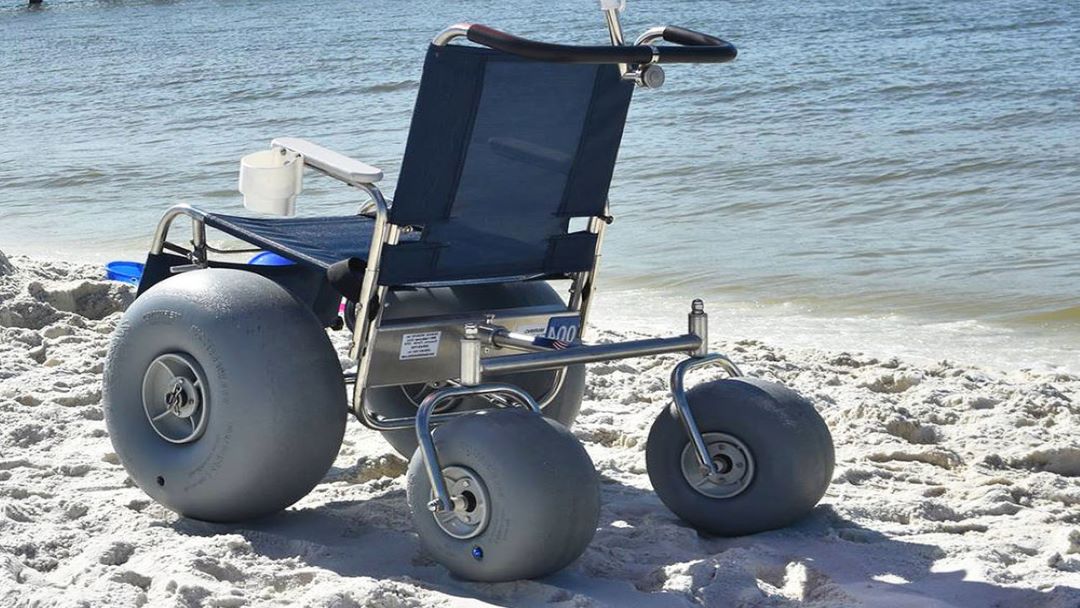
Photo Courtesy DeBug Mobility Products
Similarly, Christian Bagg was paralyzed from the waist down after an accident in a snowboarding competition in 1996. Twenty years later, still harboring a love for the outdoors, he founded Calgary-based Bowhead Corp. to manufacture adaptive bikes operated via an e-assist hand crank (the RX™ Adventure E-Bike) or an electric handlebar throttle (the Reach™ Adventure E-Bike).
“The Reach allows disabled people to get part of their life back they thought was gone forever. And not in a half-measure,” he explained to “Men’s Journal.” Bagg and all these founders are taking on an essential mission of helping people living with disabilities complete daily tasks and live happy, healthy lives.
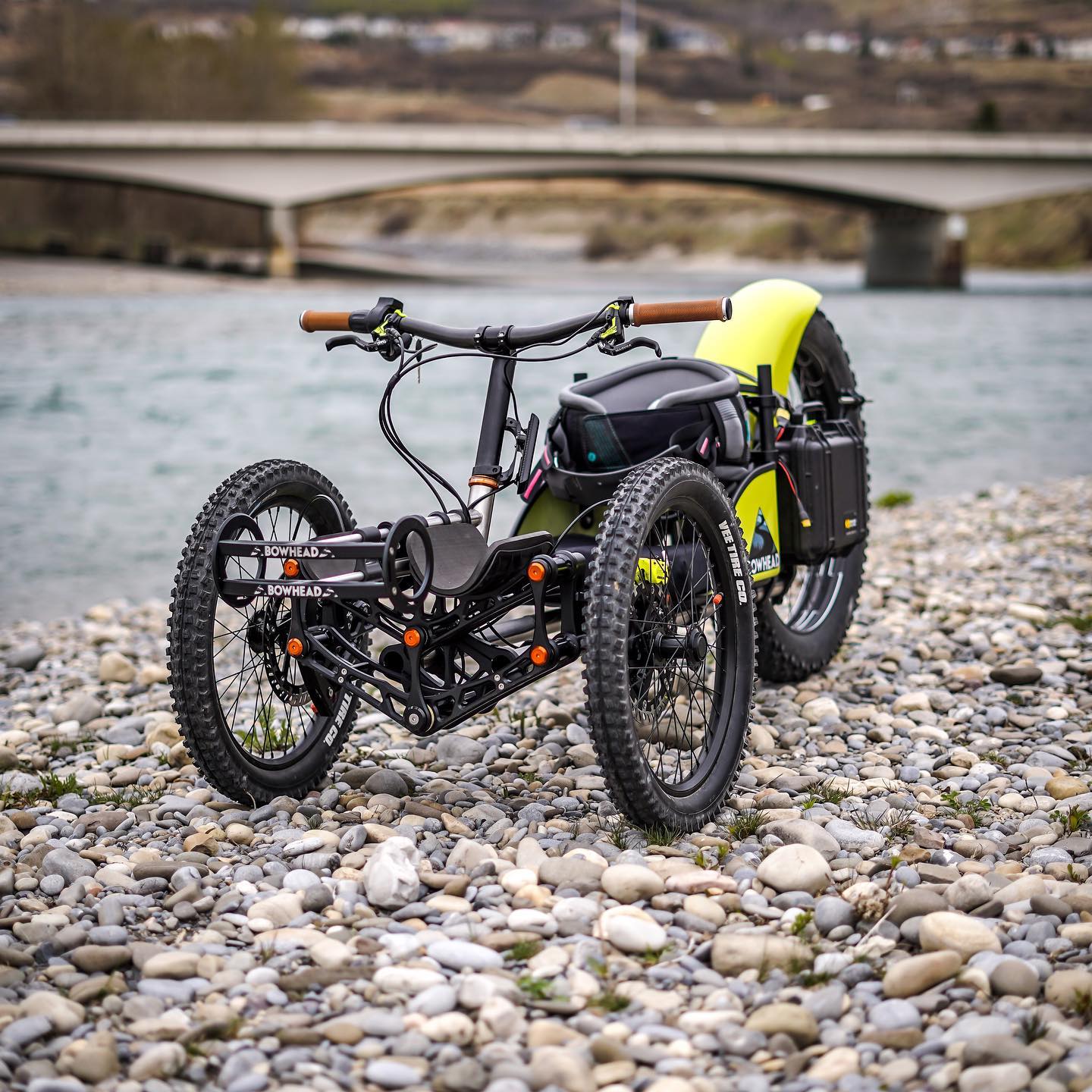
Photo Courtesy Bowhead Corp

